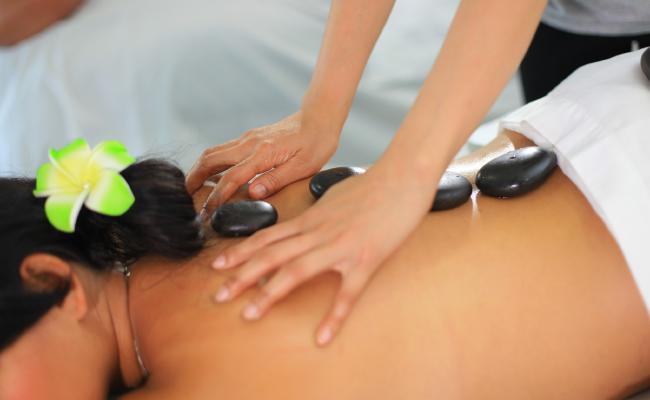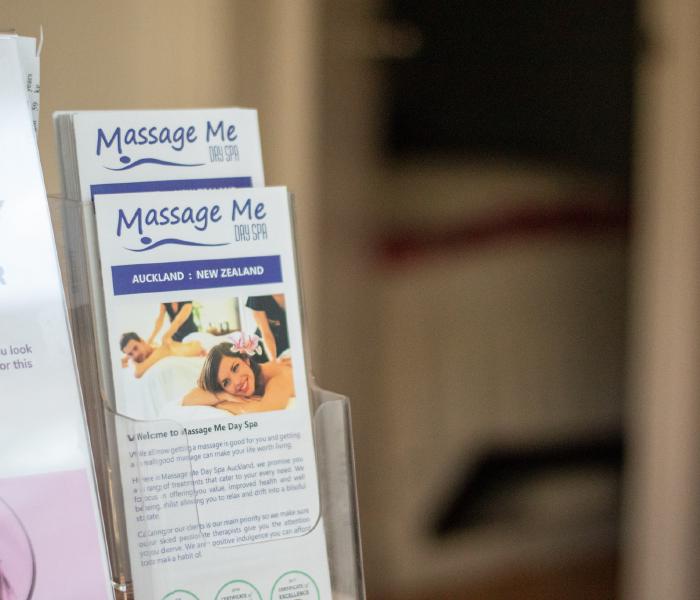Massage Myths
posted on:
September 14, 2020

Common myths and misconceptions about massage and the benefits it can provide.
Although the popularity of massage therapy has been on the rise, the misconceptions about what it can and cannot do are still prevalent. Tackling the myths and learning the facts about massage benefits both you and your therapist.
Here are some common massage myths, busted wide open with facts and data.
Myth: After a good massage, you feel sore the next day.
Fact: Soreness is no indication of how good a massage is.
In truth, there are a lot of factors that play into muscle pain after a massage. It could be anything from a build-up of lactic acid, to dehydration in your muscles.
But if you get regular massages, chances are you won’t feel sore the next day. And you should never be so sore you can’t leave the bed.
Myth: Massages are all the same.
Fact: There are many different types of massage, each with their role.
There is a diverse range of massage styles and techniques, each with their unique benefits to the client. Relaxation massage focuses on stress relief and helps diminish general soreness in the muscles. Sports massage is useful for athletes and helps keep your muscles and joints in top shape. Massage for physical therapy is aimed towards healing specific injuries and keeping your body mobile while you recover.
Myth: Massage therapy mainly involves muscles.
Fact: Massage does more than manipulate muscles.
Massage helps reinforce healthy and natural movements, which can get your posture on track. The pressure created by massage therapy helps move blood through congested areas in your body, increasing blood flow. As we age, joints tend to tighten. Massage can help keep your joints more fluid making you more flexible and less prone to injury. These are just a few areas that massage therapy can help benefit.
Myth: If I’m not thirsty, I shouldn’t drink water after a massage.
Fact: Drinking water after a massage is important and reduces soreness.
Having something to drink after your massage helps move out waste products that your therapist worked out of your muscles into circulation. It’s important for helping your body recover after a good massage.
I don’t recommend going straight to the pub after your massage though. As the increased circulation from your session will make alcohol and nicotine have a stronger effect.
Myth: The effects of a massage are only temporary
Fact: Having a regular massage schedule can be a great boon to a healthy lifestyle.
Muscles have a long memory. Holding them in an awkward position—such as looking at your phone—can cut off nerve pathways. This creates neck and shoulder tension, upper back pain, and sometimes numbness and tingling down through the hands. Regular massage lets a therapist address your pain patterns and re-educate muscles to improve body mechanics and posture.
